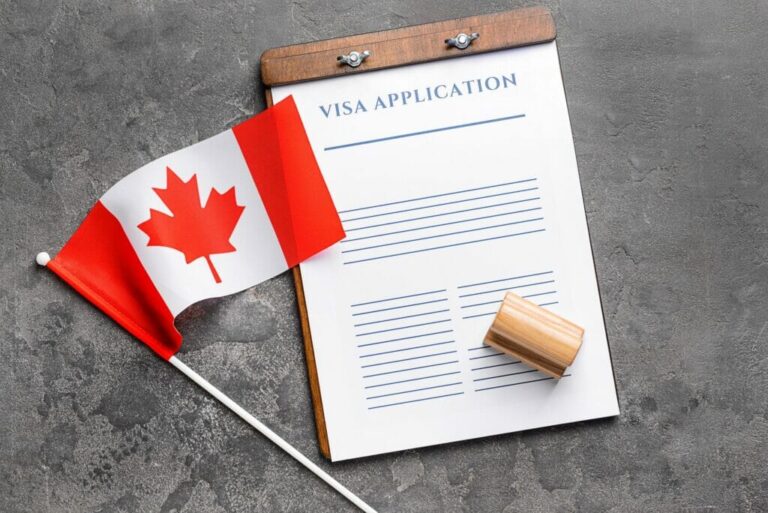The Canadian government has announced a cap on student permits in the country for the next two years.
Immigration Minister, Marc Miller, made the announcement on Monday, assuring that the policy was not aimed at any particular group.
The government says it will approve approximately 360,000 undergraduate study permits for 2024 — a 35 per cent reduction from 2023.
Miller said each province and territory will be allotted a portion of the total, distributed according to population, saying it would result in “much more significant decreases in provinces where the international student population has seen the most unsustainable growth.”
In some provinces, Miller said, the total reduction in permits will be approximately 50 per cent.
Provinces and territories will be left to decide how permits are distributed among universities and colleges in their jurisdictions. The cap will be in place for two years; the number of visas to be issued in 2025 will be reassessed at the end of this year.
He said the move is also against small private colleges who take advantage of international students by operating below par institutions and charging high tuition fees.
Miller also announced changes to the post-graduation work permit program.
Starting in September, international students who begin a program that’s part of a curriculum licensing arrangement (one where a private college has been licensed to deliver the curriculum of an associated public college) will no longer be eligible for a post-graduation work permit.
Graduates of master’s and other “short graduate-level programs” will “soon” be able to apply for a three-year work permit, the government says. Open work permits will also be made available to the spouses of international students in master’s and doctoral programs.


